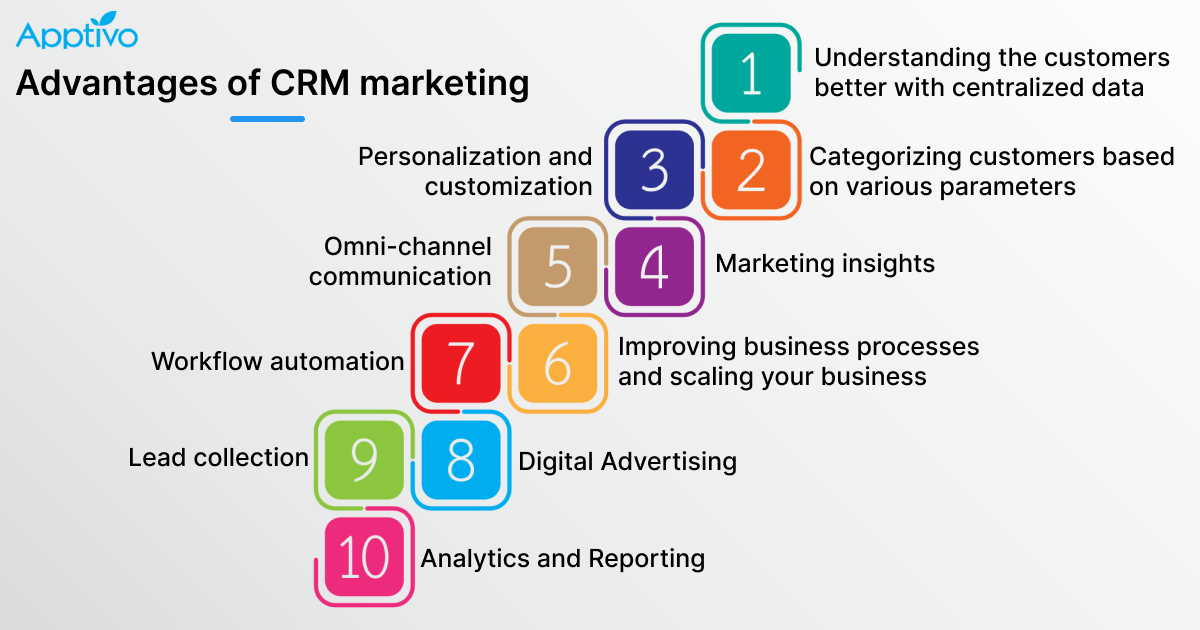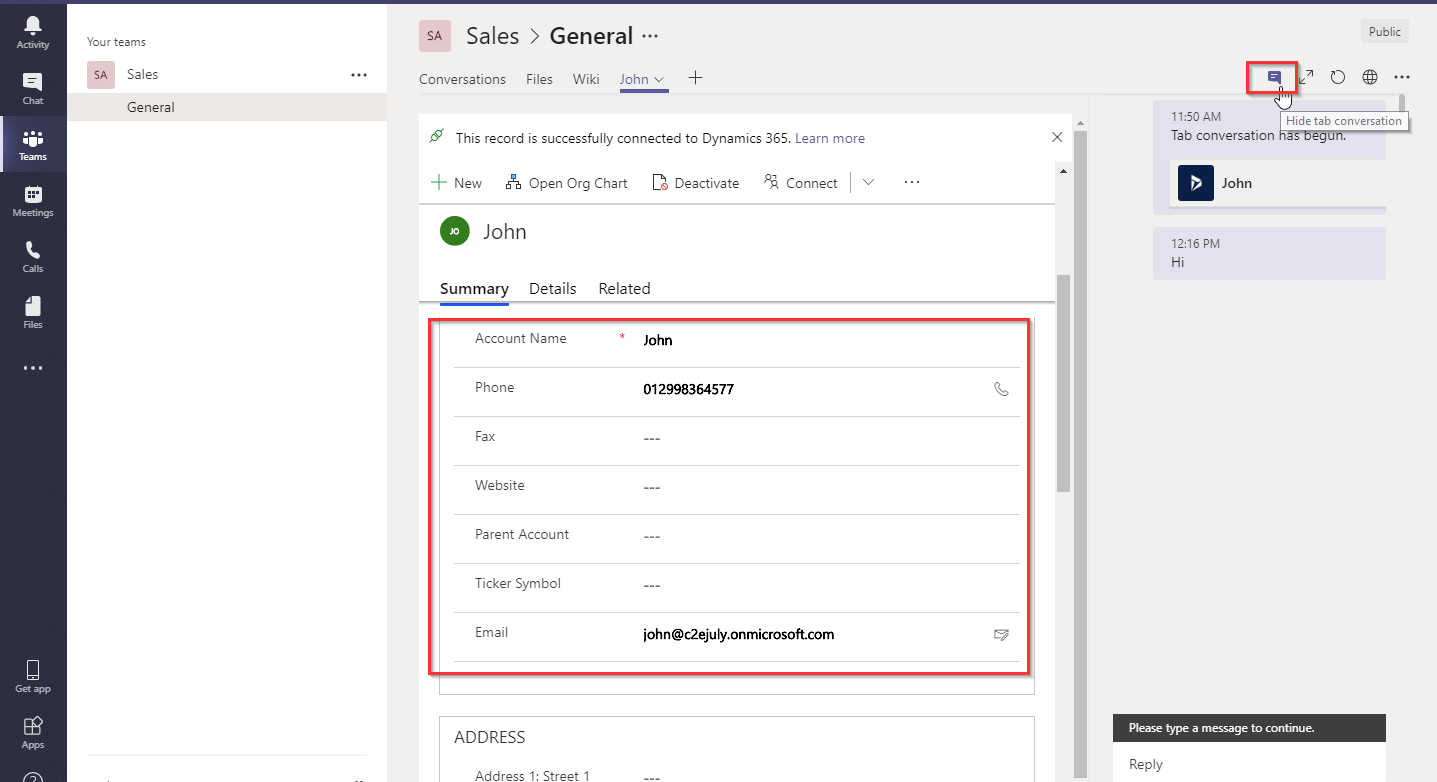
Supercharge Your SEO with CRM Marketing: Actionable Tips for Explosive Growth
In the ever-evolving digital landscape, businesses are constantly seeking innovative strategies to gain a competitive edge. While SEO and CRM marketing might seem like distinct entities, the reality is that they are powerful allies. When combined strategically, they can create a synergy that drives significant growth. This article dives deep into the world of CRM marketing SEO tips, providing actionable insights and strategies to help you supercharge your online presence and achieve explosive growth. We’ll explore how to leverage the power of customer relationship management (CRM) systems to enhance your search engine optimization (SEO) efforts, ultimately attracting more qualified leads, converting them into loyal customers, and boosting your bottom line.
Understanding the Synergy: CRM and SEO Working Together
Before we delve into the specifics, let’s understand the fundamental relationship between CRM and SEO. CRM systems are designed to manage and analyze customer interactions, providing valuable data about customer behavior, preferences, and needs. SEO, on the other hand, focuses on optimizing your website to rank higher in search engine results pages (SERPs), making it easier for potential customers to find you. The synergy arises from the fact that CRM data can inform and refine your SEO strategy, while SEO can drive traffic and generate leads that can be nurtured through your CRM system.
By integrating your CRM and SEO efforts, you can:
- Gain a Deeper Understanding of Your Target Audience: CRM data provides insights into your customers’ demographics, interests, and buying behaviors, allowing you to create highly targeted SEO content.
- Personalize Your SEO Efforts: Tailor your content and keywords to resonate with specific customer segments, increasing engagement and conversion rates.
- Improve Keyword Research: Identify keywords that your customers are actively searching for, leading to more relevant and effective SEO strategies.
- Track and Measure SEO Performance: Monitor the impact of your SEO efforts on customer acquisition and revenue generation through CRM integration.
Actionable CRM Marketing SEO Tips
Now, let’s dive into the practical tips that will help you harness the power of CRM marketing to boost your SEO performance:
1. Leverage Customer Data for Keyword Research
One of the most valuable assets in your CRM system is customer data. This data can be a goldmine for keyword research. Analyze your customer interactions, purchase history, and feedback to identify the terms and phrases your customers are using when they search for products or services like yours. This information is far more valuable than generic keyword research tools alone.
Here’s how to leverage customer data for keyword research:
- Analyze Customer Support Tickets: Review the language customers use when describing their problems or inquiries. These phrases can reveal valuable keywords.
- Examine Sales Conversations: Identify the questions and concerns potential customers have during the sales process. This provides insights into the language they use when searching.
- Review Customer Feedback: Analyze customer reviews and testimonials for keywords and phrases that highlight the benefits and features they value.
- Segment Your Audience: Create customer segments based on demographics, interests, and buying behaviors. Then, tailor your keyword research to each segment.
By incorporating these customer-centric keywords into your content, you can attract highly qualified leads who are more likely to convert.
2. Create Targeted Content Based on Customer Segments
Once you have a good understanding of your target audience and their search behavior, it’s time to create content that resonates with specific customer segments. This is where CRM data shines. By segmenting your audience based on demographics, interests, and buying behaviors, you can tailor your content to address their unique needs and preferences.
Here’s how to create targeted content:
- Define Customer Personas: Develop detailed customer personas that represent your ideal customers. Include their demographics, interests, pain points, and buying behaviors.
- Identify Content Gaps: Analyze your existing content to identify any gaps in coverage for specific customer segments.
- Create Content for Each Segment: Develop blog posts, articles, videos, and other content formats that address the specific needs and interests of each customer segment.
- Optimize Content for Relevant Keywords: Incorporate the keywords identified in your keyword research into your content, ensuring it aligns with the search intent of each segment.
- Personalize Content Where Possible: Use dynamic content and personalization tools to tailor the content experience for individual users.
Targeted content not only attracts more qualified leads but also increases engagement and conversion rates.
3. Optimize Landing Pages for Conversions
Your landing pages are critical for converting website visitors into leads and customers. Your CRM system can provide valuable data to help you optimize your landing pages for conversions.
Here’s how to optimize landing pages:
- Analyze Landing Page Performance: Track the performance of your landing pages, including conversion rates, bounce rates, and time on page.
- Identify High-Performing Pages: Determine which landing pages are performing best and identify the elements that contribute to their success.
- Test Different Elements: Experiment with different headlines, calls to action, and content formats to see what resonates with your target audience.
- Personalize Landing Pages: Use CRM data to personalize landing pages based on customer segments.
- Integrate with Your CRM: Ensure your landing pages integrate seamlessly with your CRM system so you can track leads and manage customer interactions.
By optimizing your landing pages, you can improve your conversion rates and drive more sales.
4. Use CRM Data to Improve Internal Linking
Internal linking is a crucial SEO tactic that helps search engines understand the structure and context of your website. By linking to relevant pages within your website, you can improve your website’s crawlability and enhance its SEO performance. Your CRM data can help you identify the most relevant pages to link to.
Here’s how to use CRM data for internal linking:
- Identify High-Value Pages: Determine which pages on your website are most valuable to your customers.
- Link to Relevant Pages: Link to these high-value pages from other relevant pages on your website.
- Use Keyword-Rich Anchor Text: Use keyword-rich anchor text when linking to these pages to improve their SEO performance.
- Create a Content Hub: Create a content hub that links to all of your relevant content on a specific topic.
- Update Internal Links Regularly: Update your internal links regularly to ensure they are still relevant and accurate.
By improving your internal linking strategy, you can improve your website’s SEO performance and drive more traffic to your most important pages.
5. Track and Analyze SEO Performance with CRM Integration
Integrating your CRM system with your SEO tools allows you to track and analyze the impact of your SEO efforts on customer acquisition and revenue generation. This data-driven approach enables you to make informed decisions and optimize your SEO strategy for maximum results.
Here’s how to track and analyze SEO performance with CRM integration:
- Track Leads from SEO: Identify leads that are generated through your SEO efforts.
- Monitor Conversion Rates: Track the conversion rates of leads generated through SEO.
- Analyze Customer Lifetime Value: Analyze the customer lifetime value of leads generated through SEO.
- Measure ROI: Calculate the return on investment (ROI) of your SEO efforts.
- Make Data-Driven Decisions: Use the data to make informed decisions about your SEO strategy.
By tracking and analyzing your SEO performance with CRM integration, you can optimize your SEO strategy for maximum results and drive more revenue.
6. Leverage Customer Reviews and Testimonials for SEO
Customer reviews and testimonials are powerful social proof that can significantly impact your SEO efforts. They not only build trust and credibility with potential customers but also provide valuable keyword-rich content for search engines to crawl.
Here’s how to leverage customer reviews and testimonials:
- Encourage Customers to Leave Reviews: Make it easy for your customers to leave reviews by including links to review platforms on your website and in your email communications.
- Respond to Reviews: Respond to both positive and negative reviews promptly and professionally.
- Showcase Reviews on Your Website: Display customer reviews and testimonials prominently on your website, especially on your product pages and landing pages.
- Use Review Content in Your Marketing Materials: Incorporate customer reviews and testimonials into your blog posts, articles, and other marketing materials.
- Optimize Your Google My Business Profile: Encourage customers to leave reviews on your Google My Business profile, as these reviews can significantly impact your local SEO rankings.
By leveraging customer reviews and testimonials, you can build trust and credibility, improve your SEO rankings, and drive more conversions.
7. Use CRM Data to Improve Local SEO
If your business has a local presence, local SEO is crucial for attracting customers in your area. Your CRM system can provide valuable data to help you improve your local SEO efforts.
Here’s how to use CRM data to improve local SEO:
- Identify Local Keywords: Analyze your customer data to identify local keywords that your customers are using when searching for products or services like yours.
- Optimize Your Google My Business Profile: Ensure your Google My Business profile is complete and accurate, including your business name, address, phone number, website, and hours of operation.
- Encourage Customers to Leave Reviews: Encourage your customers to leave reviews on your Google My Business profile, as these reviews can significantly impact your local SEO rankings.
- Create Local Content: Create content that is relevant to your local area, such as blog posts about local events or news.
- Build Local Citations: Build citations on local directories, such as Yelp and Yellow Pages.
By using CRM data to improve your local SEO efforts, you can attract more customers in your area and grow your business.
8. Personalize Email Marketing for SEO Benefits
Email marketing is a powerful tool for nurturing leads and converting them into customers. When integrated with your CRM, email marketing can also provide significant SEO benefits.
Here’s how to personalize email marketing for SEO benefits:
- Segment Your Email List: Segment your email list based on customer data, such as demographics, interests, and buying behaviors.
- Personalize Email Content: Personalize your email content to address the specific needs and interests of each customer segment.
- Use Dynamic Content: Use dynamic content to tailor the email experience for individual users.
- Include Relevant Keywords: Include relevant keywords in your email subject lines and body copy to improve your email’s visibility in search engine results.
- Promote Your Website and Content: Promote your website and content in your emails to drive traffic and improve your SEO rankings.
By personalizing your email marketing efforts, you can increase engagement, drive more traffic to your website, and improve your SEO rankings.
9. Monitor and Adapt Your Strategy
SEO is an ongoing process, and it’s essential to monitor and adapt your strategy to stay ahead of the curve. Your CRM system can provide valuable data to help you monitor your SEO performance and make informed decisions about your strategy.
Here’s how to monitor and adapt your strategy:
- Track Your SEO Performance: Track your website traffic, keyword rankings, and conversion rates.
- Analyze Your Data: Analyze your data to identify areas for improvement.
- Experiment with Different Strategies: Experiment with different SEO strategies to see what works best for your business.
- Stay Up-to-Date: Stay up-to-date on the latest SEO trends and best practices.
- Adapt Your Strategy: Adapt your strategy based on your data and the latest SEO trends.
By monitoring and adapting your strategy, you can continuously improve your SEO performance and achieve your business goals.
The Long-Term Benefits of Integrating CRM and SEO
Integrating CRM and SEO is not just a short-term strategy; it’s an investment in the long-term growth of your business. The benefits extend far beyond increased website traffic and higher search engine rankings.
Here are some of the long-term benefits:
- Improved Customer Understanding: CRM data provides a deep understanding of your customers, allowing you to create more targeted and effective marketing campaigns.
- Enhanced Customer Experience: By personalizing your content and interactions, you can create a better customer experience, leading to increased loyalty and advocacy.
- Increased Brand Awareness: A strong SEO presence combined with targeted marketing efforts can significantly increase brand awareness.
- Higher Conversion Rates: By attracting qualified leads and nurturing them through the sales funnel, you can improve your conversion rates and drive more sales.
- Improved ROI: By optimizing your SEO and marketing efforts, you can improve your return on investment and achieve your business goals.
- Sustainable Growth: The synergy between CRM and SEO creates a sustainable growth engine that can drive long-term success.
Conclusion: Embracing the Power of CRM Marketing for SEO Success
In conclusion, CRM marketing and SEO are powerful allies that can be leveraged to achieve explosive growth. By integrating your CRM and SEO efforts, you can gain a deeper understanding of your target audience, personalize your content, optimize your landing pages, and track your SEO performance. The actionable tips provided in this article will help you supercharge your online presence, attract more qualified leads, convert them into loyal customers, and boost your bottom line. Embrace the power of CRM marketing and unlock the full potential of your SEO efforts. The future of digital marketing is data-driven, customer-centric, and highly personalized. By adopting these strategies, you can position your business for success in the ever-evolving digital landscape.



